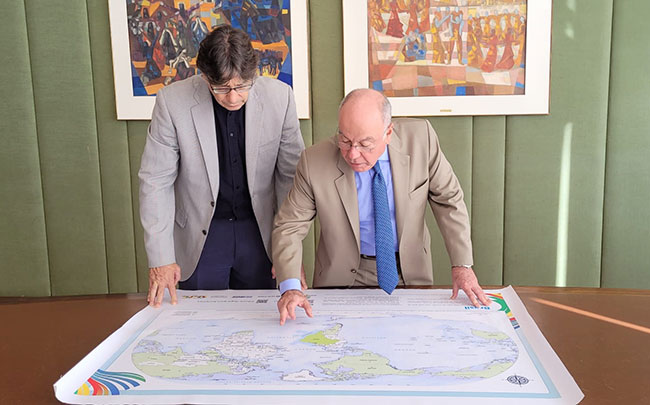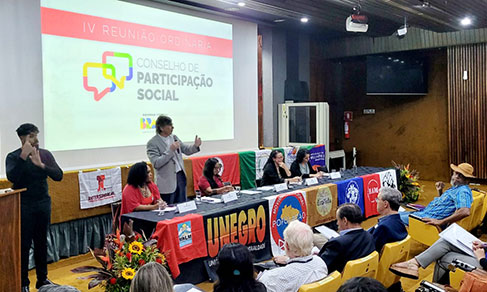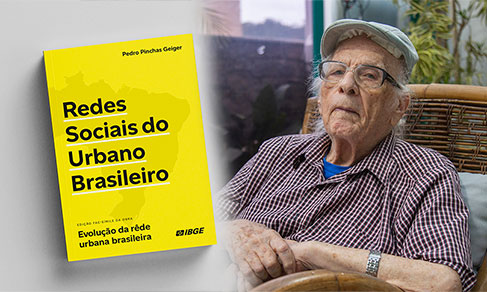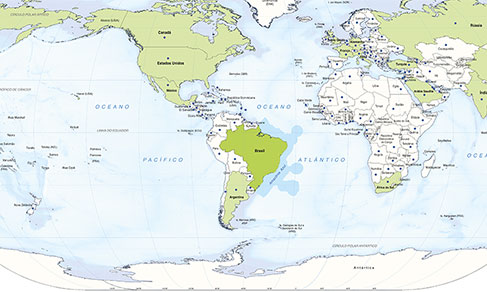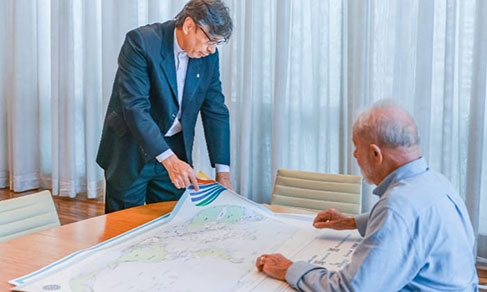Brazil has three new metropolitan areas
May 23, 2017 09h33 AM | Last Updated: July 18, 2017 04h06 PM
Three new metropolitan areas (RMs) have been added to the group already registered in Brazil between 2015 and 2016, amounting to a total 69 RMs in the country. The new ones are: the first RM in Rondônia, which includes the capital Porto Velho and the municipality of Candeias do Camari, instituted by Law no. 3,654 of November 2015; Riberão Preto, with 34 municipalities, located in the state of São Paulo and instituted by Complementary Law no. 1,290, of July 06, 2016; and Sobral, with 18 municipalities, located in Ceará and instituted by Complementary Law no. 168, of December 27, 2016.
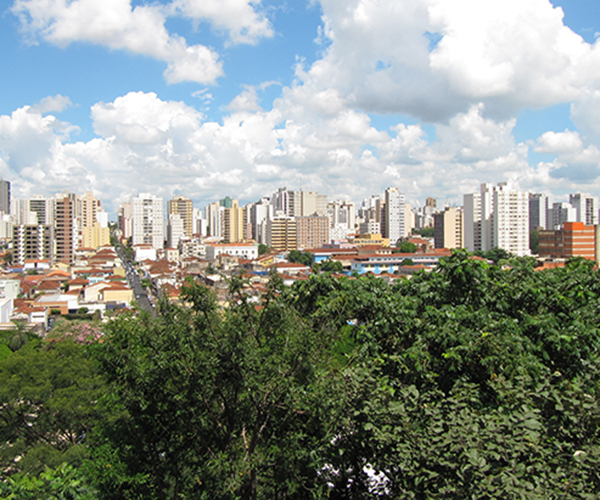
Ribeirão Preto is one of the new Metropolitan Areas in Brazil
Photo: Chris Borkent
The IBGE has updated the semester update of municipalities listed as Metropolitan Areas (RMs), integrated development regions (RIDEs) and urban agglomerations defined by the States and the Federal government, according to information of December 31, 2016. The state with the biggest number of RMs is (12), followed by Santa Catarina (9) and Alagoas (8).
The composition of different RMs, RIDEs and urban agglomerations in Brazil has been updated by the IBGE every semester, since 2013. For further information, click here.
Creation of new territory subdivisions requires specific laws
Metropolitan areas and urban agglomerations area subdivisions established by a complementary state law, as stated in the Federal Constitution of 1988 in order to coordinate the organization, planning and provision of public functions of common interest. The states have the duty of defining the metropolitan areas and urban agglomerations, according to Article 25, Paragraph 3 of the Federal Constitution.
The Integrated Development Regions (RIDEs) are administrative regions which encompass different Federation Units. The RIDEs are created by specific laws and formed by a list of municipalities; they define the structure of operation and interests of the participating political and administrative units. RIDEs are instituted by the Federal Government, as stated by Article 43, Paragraph 1, of the Federal Constitution of Brazil.
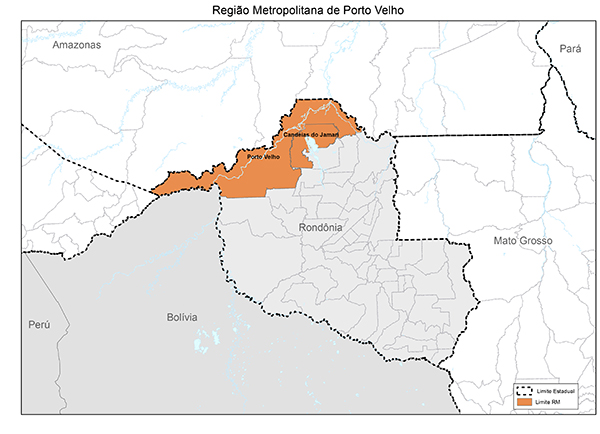
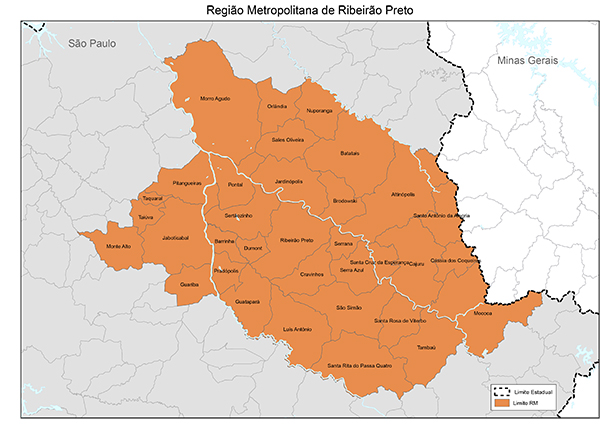
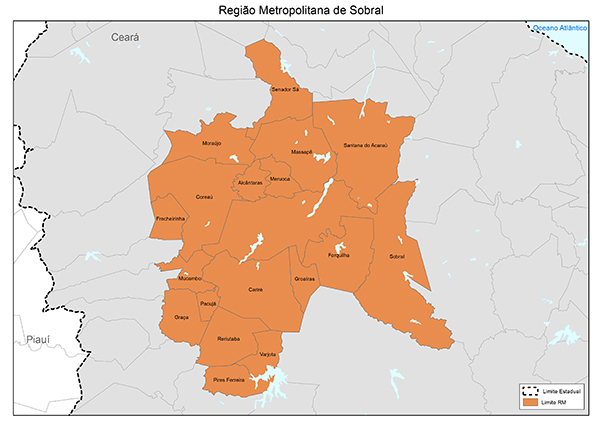
Images: Geography Department
Diana Paula de Souza
Journalist
Homepage photo: Getúlio Vargas Palace - Rondônia Memory Museum (credits: José Carlos Sá)


